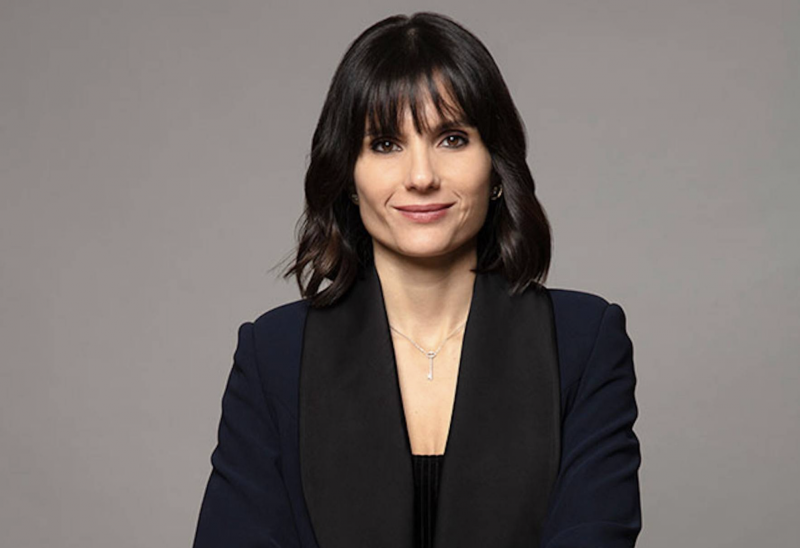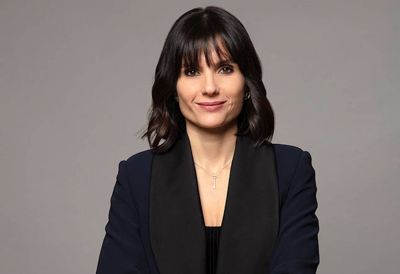
Portrait of Dalal Mawad. (Credit: Tarek Moukaddem)
"The far-right Lebanese forces, opposed to Hezbollah, and now reportedly funded by Saudi Arabia and the United Arab Emirates have also gained considerable power." This sentence, found on page 128 of Dalal Mawad's book 'All She Lost' which chronicles Lebanon and the suffering of its women after the Beirut port explosion on Aug. 4, 2020, prompted Emirati authorities to censor it.
Mawad's book, intended as a work of remembrance, was released in bookstores on Aug. 3, 2023, the third commemoration of the explosion that took over 230 lives.
"I was surprised to learn the reason behind the censorship. A single line led them to censor the entire book," Mawad reveals to L'Orient-Le Jour.
"We were aware of a censorship committee in the UAE, and we had been waiting for over a month for the book's approval. It takes time, especially for political books, considering mine is a political essay."
Her publisher, Bloomsbury, announced to Mawad that the Emirati authorities decided to ban her book.
Emirati authorities were unsettled because this sentence alleged their funding of the Lebanese Forces. However, Mawad used the word "reportedly."
"This sentence is based on sources to which journalists are entitled to refer, especially in regions where political funding regrettably lacks transparency," she pointed out.
"It's a bit ridiculous that they banned an entire book over a single line," Mawad added. "If a country believes that a statement concerning it is inaccurate, it can issue a statement or correction supported by evidence. There's no need to ban an entire book."
'A long way ahead'
"I feel sorry," she confided to L'Orient-Le Jour.
For Mawad, "All She Lost" is a "collective memoir."
"It's a book that documents Lebanon's collapse and the plight of the Lebanese people in the aftermath of the explosion. It conveys these narratives through women's voices, a perspective urgently needed in our region," she said.
"There's a substantial Lebanese diaspora in the UAE that could have benefited from reading this book which sheds light on the plight of the Lebanese and is an outcry against the political establishment in Lebanon that has led to Lebanon's collapse," she added.
Today, the censorship of her work "truly reflects the state of freedom of expression in the Arab world, at a time when the United Arab Emirates claims to be opening up to the world, playing a mediating role, and is on a very progressive pedestal economically, technologically and even when it comes to women's rights," said Mawad.
"The state of press freedom, and freedoms in general, has still a long way ahead in the Arab world," Mawad asserted. "We cannot claim to be evolving economically, adopting liberal reforms, when we are not allowing people to write their opinions."
According to Mawad, her publisher has decided not to contest the Emirates' decision.
"This right of appeal doesn't really exist. They're not going to overturn their decision," she lamented.
Mawad is a graduate of the London School of Economics and of Columbia University. She is a freelance journalist who was awarded the Samir Kassir Foundation Prize in 2020 and the Joan Konner Prize for her outstanding radio and television reports. She worked for the United Nations and the Associated Press, and she currently collaborates with CNN in Paris while teaching video journalism at Sciences Po. She is interested in human rights, refugee issues and the environment.

